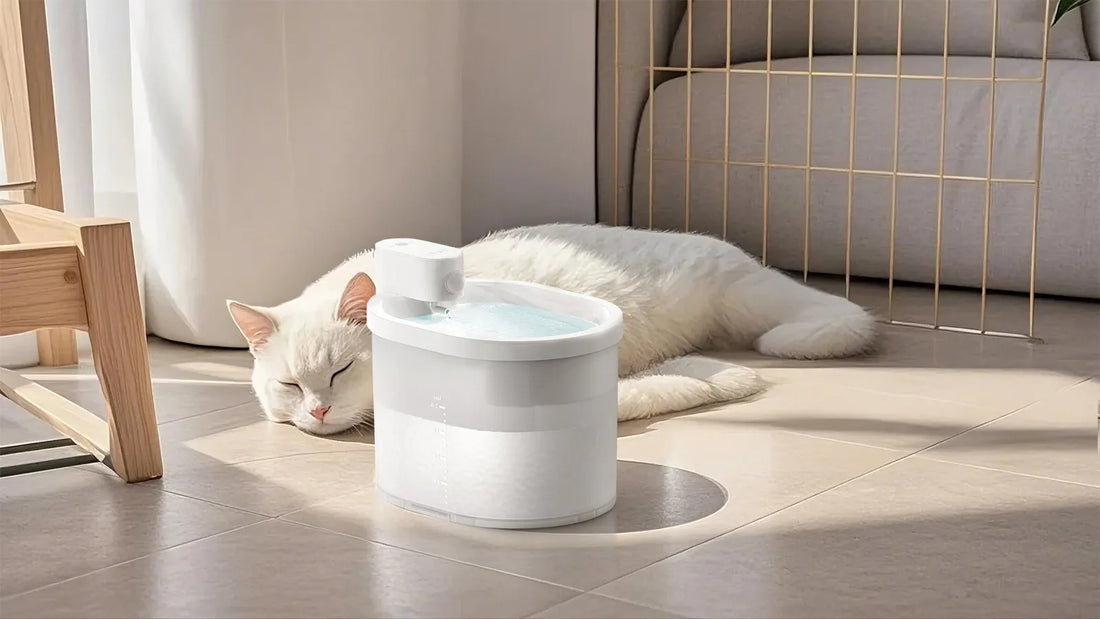It can be alarming and confusing when your dog suddenly becomes scared of their food bowl. This behavior can leave pet owners wondering what went wrong and how to fix it. Understanding the underlying causes and implementing effective solutions can help your furry friend feel safe and comfortable during mealtime again.
Possible Causes of a Dog Suddenly Scared of Their Food Bowl
There are several reasons why your dog might develop a sudden fear of their food bowl. Identifying the root cause is the first step toward addressing the issue.
1. Negative Associations
Dogs are highly sensitive to their environment and experiences. If something negative happened near or around their food bowl, they might associate it with fear or discomfort. For example, a loud noise, a fall, or even a scolding could create a lasting impression.
2. Changes in the Bowl or Feeding Routine
Dogs thrive on routine, and any changes to their feeding setup can cause anxiety. Switching to a new bowl, altering the feeding schedule, or moving the bowl to a different location might make your dog uneasy.
3. Health Issues
Sometimes, a fear of the food bowl can be linked to an underlying health problem. Dental pain, gastrointestinal discomfort, or other medical conditions might make eating painful or unpleasant, leading your dog to avoid the bowl altogether.
4. Environmental Stressors
Stressful situations in your dog's environment, such as the presence of a new pet, loud noises, or changes in the household, can contribute to their fear of the food bowl.
How to Help Your Dog Overcome Their Fear
Once you've identified the potential cause, you can take steps to help your dog feel more comfortable with their food bowl.
1. Rebuild Positive Associations
Gradually reintroduce the food bowl in a positive way. Place treats or their favorite food near the bowl to encourage them to approach it. Over time, move the treats closer to the bowl until they feel comfortable eating from it again.
2. Maintain Consistency
Stick to a consistent feeding routine and avoid making sudden changes to the bowl or its location. Familiarity can help reduce anxiety and make mealtime more predictable for your dog.
3. Address Health Concerns
If you suspect a health issue, consult your veterinarian for a thorough examination. Treating any underlying conditions can alleviate your dog's discomfort and restore their appetite.
4. Create a Calm Environment
Ensure your dog's feeding area is quiet and free from distractions or stressors. Providing a safe and peaceful space can help them feel more at ease during meals.
Preventing Future Issues
Taking proactive steps can help prevent your dog from developing a fear of their food bowl in the future.
1. Introduce Changes Gradually
If you need to make changes to your dog's feeding setup, do so slowly and gradually. This approach allows them to adjust without feeling overwhelmed.
2. Monitor Their Behavior
Pay attention to your dog's reactions during mealtime. Early detection of any signs of discomfort or anxiety can help you address the issue before it escalates.
3. Provide Mental and Physical Stimulation
Regular exercise and mental enrichment can reduce stress and promote overall well-being, making your dog less likely to develop feeding-related fears.
By understanding the reasons behind your dog's sudden fear of their food bowl and taking steps to address the issue, you can help them regain their confidence and enjoy mealtime once again. With patience and care, your furry companion will soon be back to their happy, healthy self.

![[🎃Halloween Sale]UAHPET Stainless Steel Self-Cleaning Cat Litter Box](http://www.uahpet.com/cdn/shop/files/1-cat-litter-box.jpg?v=1759128420&width=1600)












